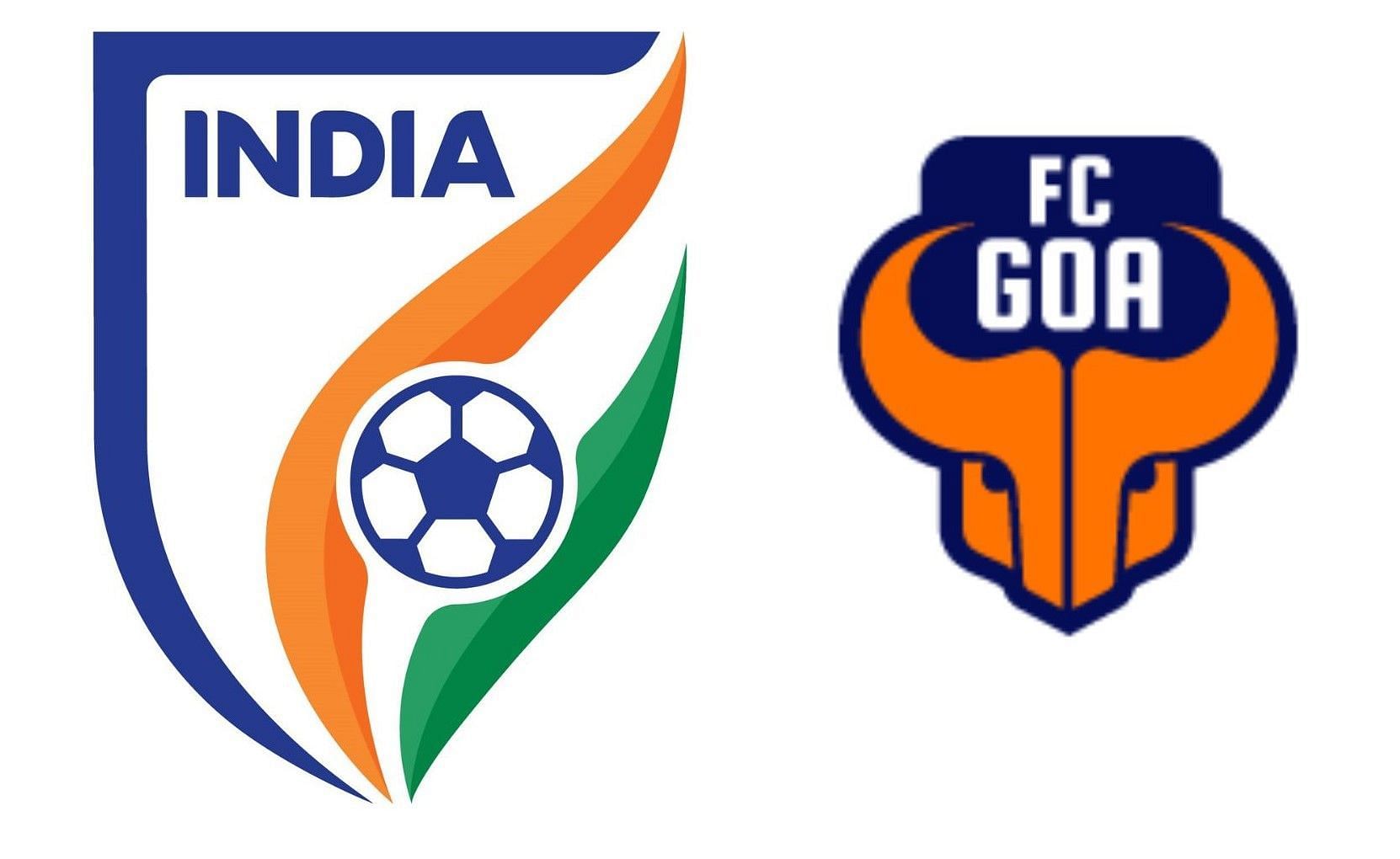Former Indian head coach Igor Stimac, who was recently dismissed, launched a scathing attack during a virtual press conference on Friday, June 21, making several sensational statements about the mismanagement of the All India Football Federation (AIFF) and its president Kalyan Chaubey.
Among his allegations, Stimac highlighted a critical issue - the Indian national team was ‘stealing’ data analysis platforms.
He disclosed that they were not only utilizing Joy Gabriel, the head of analysis at FC Goa, as a match analyst but also using the club’s scouting platform, Wyscout, for international games because the AIFF likely did not cover the expenses for this tool.
“We were working without any equipment whatsoever, not even platforms like Wyscout and Instat. Throughout the time, we were renting match analysts from FC Goa, always having problems. Is Joy coming or not? Is Goa going to be in a good position to release him? We were stealing platforms from Goa. That’s how we operated, and nobody knows this,” Stimac expressed (via the Times of India).
Delving deeper, the issues begin with the lack of resources available to the national team, but notably also raises concerns about the ethical implications of utilizing a club’s platform for other purposes. Sportskeeda had the opportunity to explore the potential ramifications of this, but first, let’s consider why Wyscout is crucial for clubs.
Wyscout is a paid subscription service that gathers player performance data and videos from over 250 leagues worldwide, including youth levels in most countries. A club’s recruitment and analysis department can access videos and statistics for every player and team, with over 40 different metrics available for in-depth analysis.
A source familiar with the proceedings revealed to Sportskeeda that an Indian Super League (ISL) club pays around ₹2-4 lakh per year for a Wyscout subscription. This tool is vital for the daily operations of an analysis department, as it enables them to provide thorough reports on opponents to the coaches.
Now, considering the potential consequences for FC Goa. A source indicated that the situation is ‘questionable’, highlighting the likelihood that the club’s data could have been mishandled due to shared usage of the platform.
“Wyscout is quite expensive, and it allows only one user to access the account at a time. So there is every chance that FC Goa’s work could have been affected because the national team are looking at the data as well. Using a club’s scouting platform for national team purposes very questionable. But the AIFF probably did not have a Wyscout subscription and relied on this method to avoid the expense completely,” the source said.
Furthermore, there is seemingly a huge risk that all the work done on the platform could be lost if another user logs in unexpectedly.
“If someone else forcefully logins, it is possible to get disconnected and all the work they were doing gets reset. Imagine analyzing 300 clips of a player for several hours and selecting 40-50 of those clips to create a player profile for scouting purposes. If you get logged out before exporting the file, you’d have to rewatch the clips and narrow down the profile all over again, which is a tedious task because of all the little details involved," the source added.
All of this highlights how AIFF’s inefficiency could have impacted the Goan club, particularly since Stimac revealed that no one was even aware of the national team’s access to Wyscout.
While the national team lacks the data resources, the organization of the youth team seems even poorer. The under-23 side, which traveled to Kuala Lumpur, Malaysia, in March, lacked even basic training equipments, let alone any tools for analyzing their opponents.
“The under-23 team is managed even more poorly. It’s worse than a few local league teams in terms of how it’s run. During their Malaysia tour in March, they didn’t even have training bibs at times,” the source disclosed.
Additionally, it appears that the national team was severely understaffed in several departments, and Stimac personally covered the expenses for staff members during games because the AIFF either reduced their salaries or failed to pay them on time.
Amid the discussions about ‘Vision 2047’ for the development of Indian football, AIFF’s failure to utilize even the simplest of data platforms that have been integral to the sport in recent times begs the question about their fundamental understanding of the game. It also underscores a major reason behind their shortcomings compared to other footballing nations in Asia.

